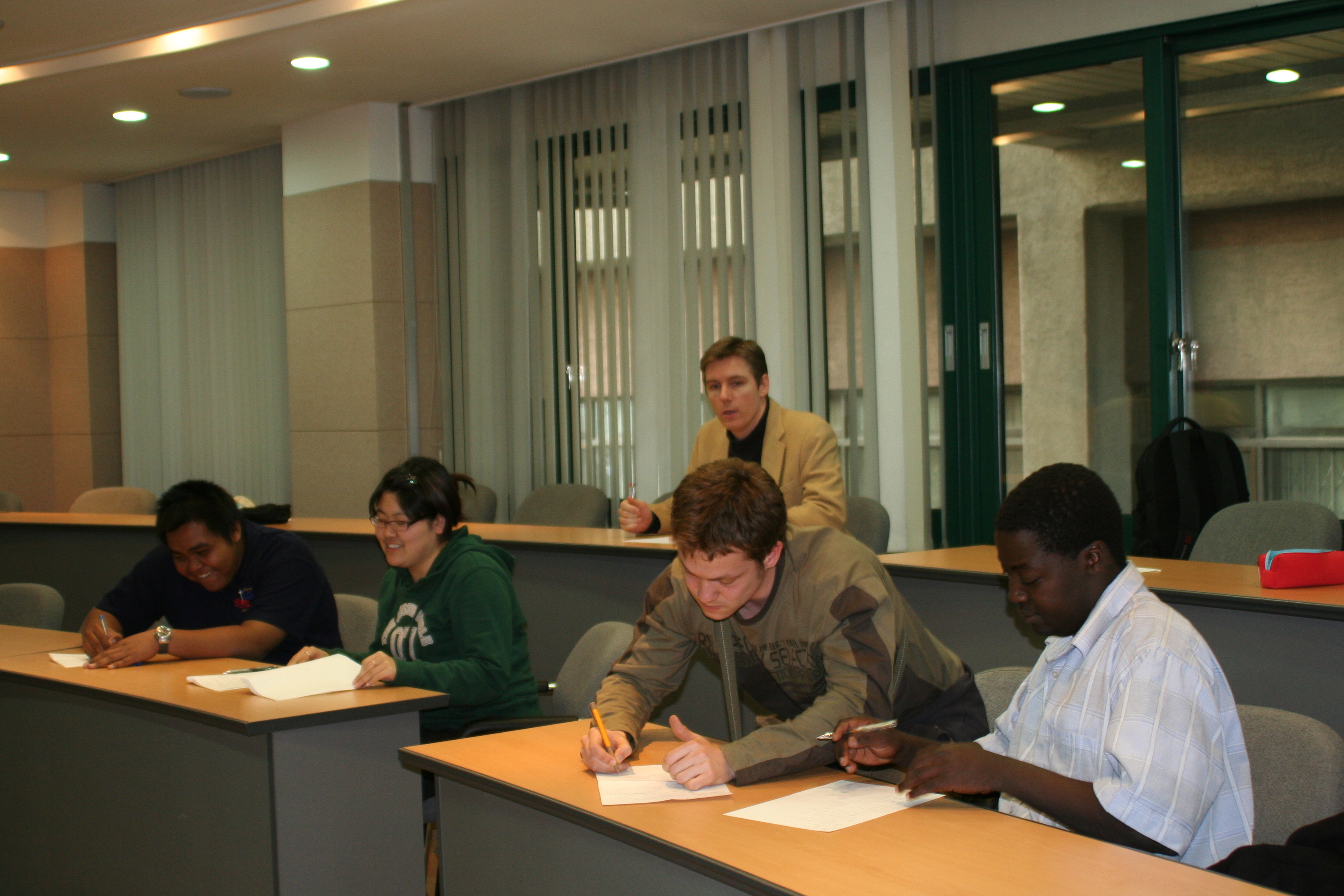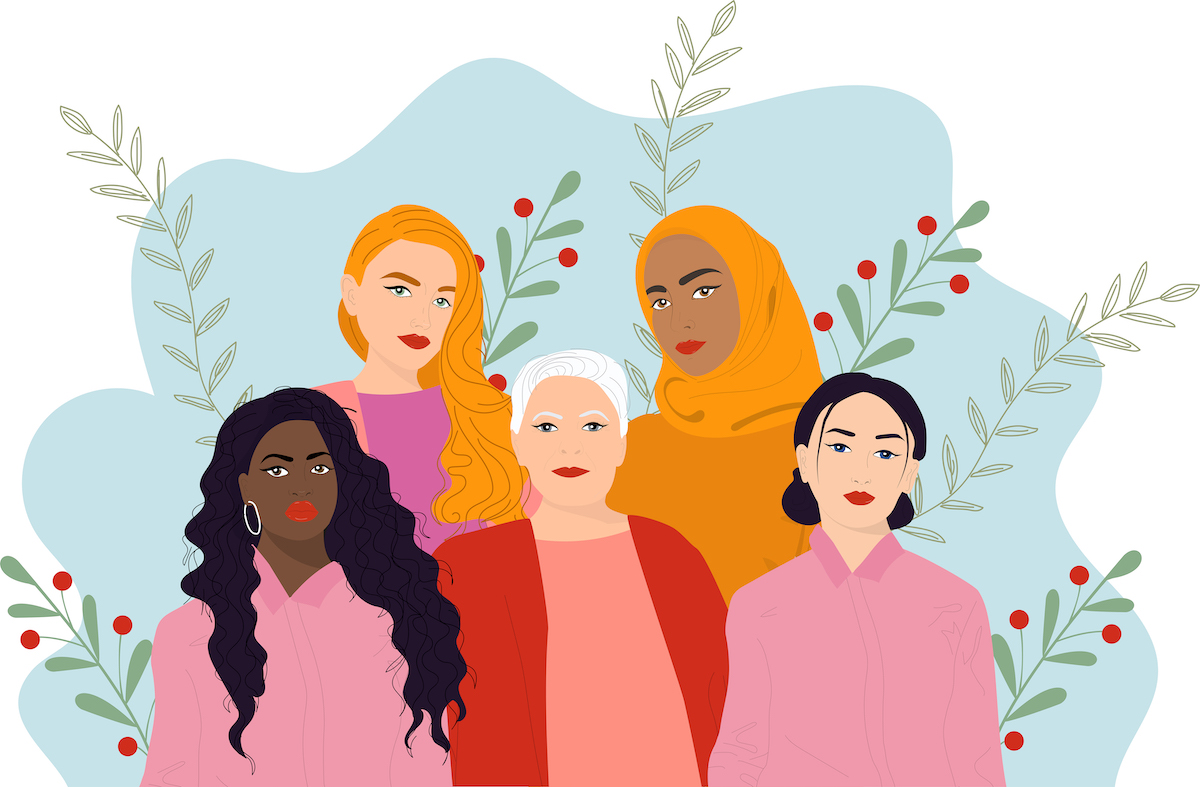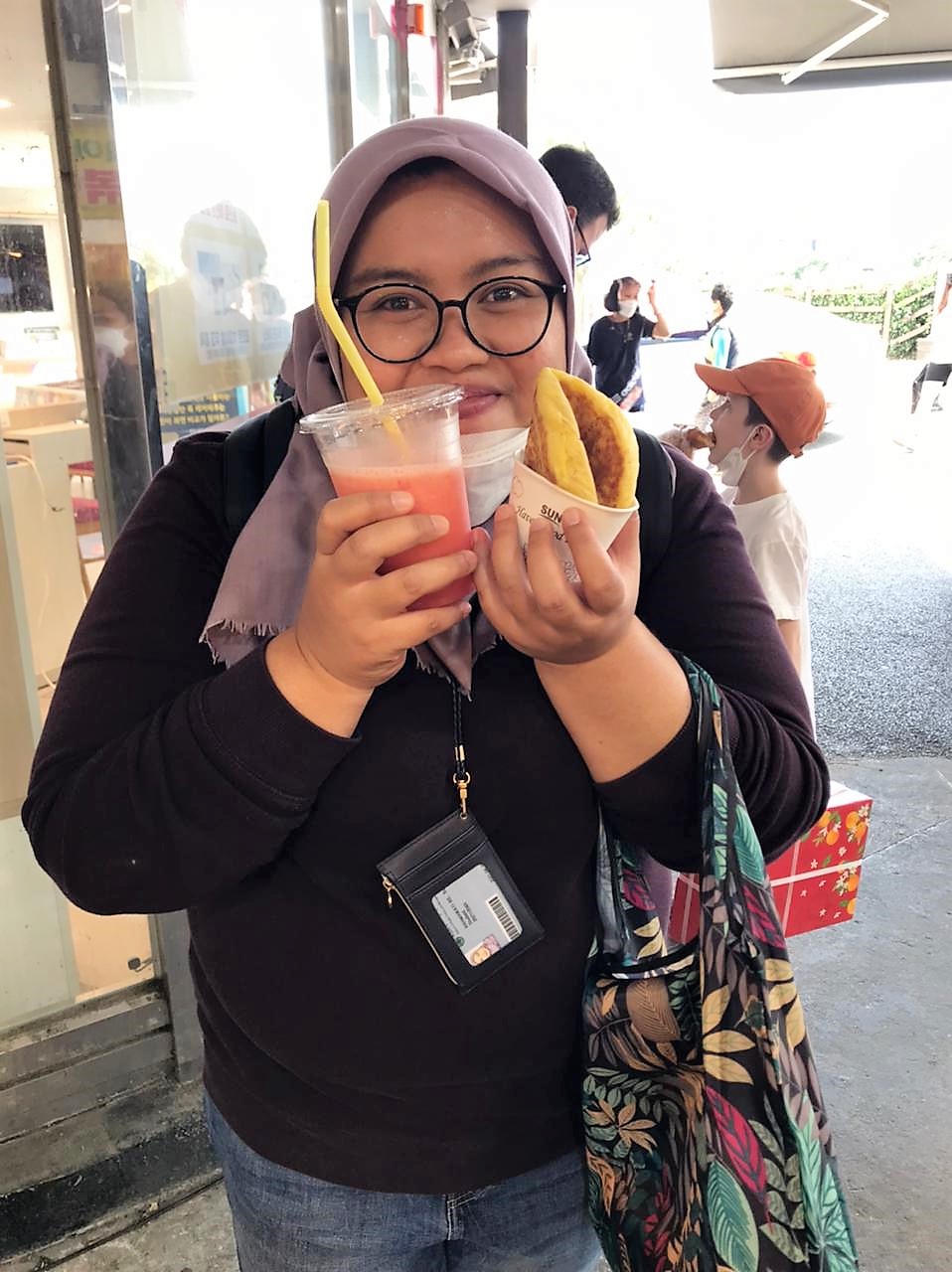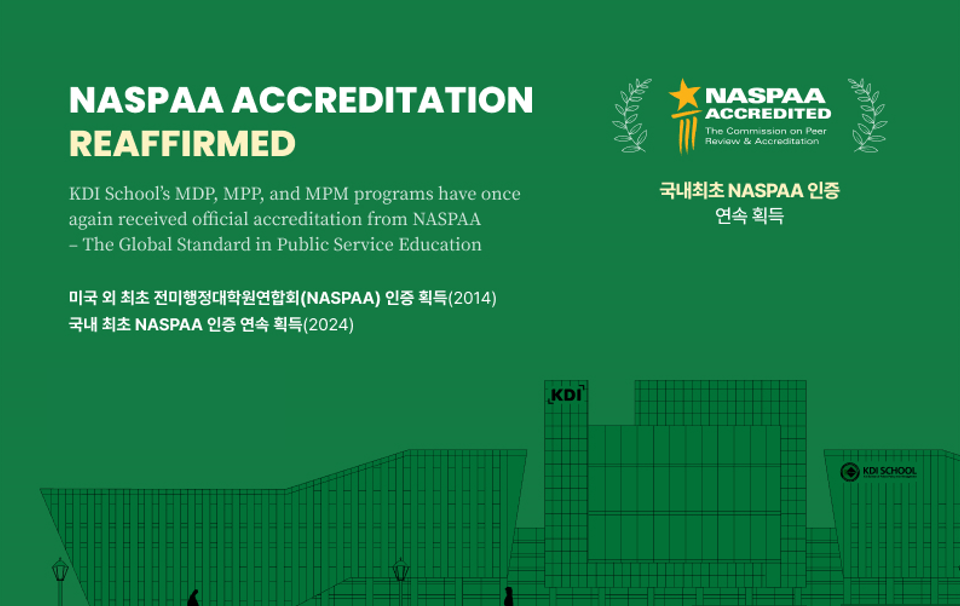
Intercultural marriage: Cultural integration or cultural clash?
- Date 2008-05-01 09:05
- CategoryNews
- Hit1975

The Debate Club at the KDI School is an active and exciting club that provides a medium where students can engage in heated debates regarding social and policy issues. Students are given chances to learn as much as possible about how to build arguments as well as polish their persuasion and speaking skills. Moreover, students can find out how to establish a voice in various exciting topics every week. This week, students share their opinions on a motion that is increasingly discussed in today’s society.
“This house supports intercultural marriage”
The government side, or the proposition, centered the debate on establishing laws supporting international marriage and legalizing benefits for children. The government explained intercultural marriage as a basic human fundamental right and a bridge between cultures. They also stated that currently, the world was in the process of globalization; intercultural marriage can be seen as a reflection of the changing times, and is a manifestation of the integration that globalization emphasizes. The benefits spawned from intercultural marriages were also many. A better understanding of cultural differences could result, which would contribute to a truly integrated world.
The opposition team argued that three areas of concern could be brought up in the matter of intercultural marriage. Fake marriage with the purpose of citizenship; cultural shock caused by different lifestyles, religions, concepts and foods; and children. The issue of children, in particular, focused on one main question: underneath the cultural diversity the child is born into, where do their cultural identities really lie? Without a strong fundamental understanding of the culture one belongs to, the opposition argued that enacting new laws would not really do much for intercultural marriages. In reality, cultural differences often show up in more subtle and unpredictable ways, confusing kids and increasing social conflicts.
By Nguyen Mai Phuong (2008 MPP, Vietnam)





